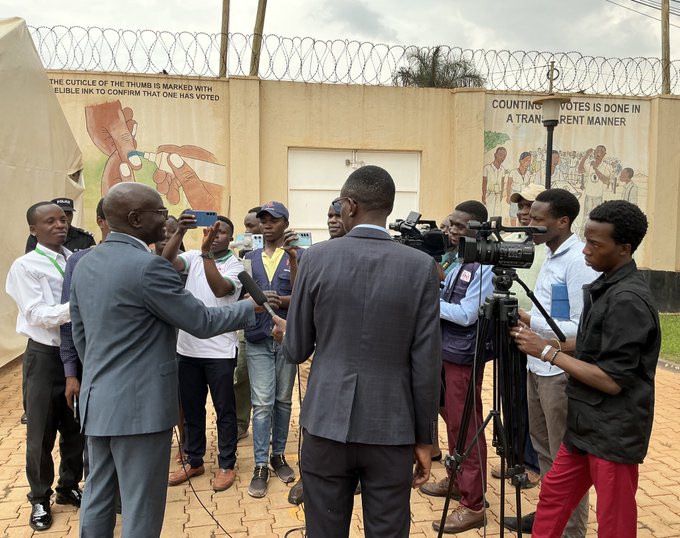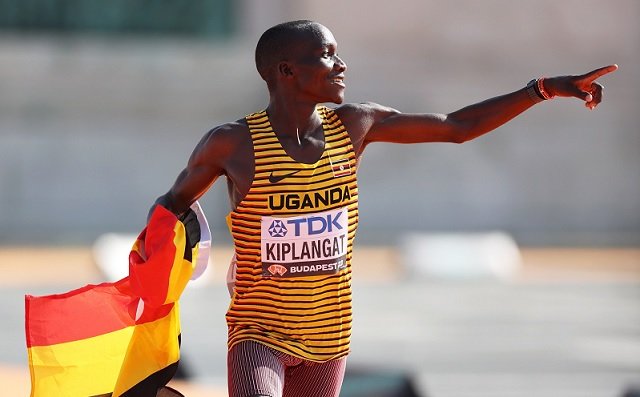Why teachers need degrees, but leaders only require A-level certificate
To become a nursery or primary school teacher in Uganda, one must now obtain a degree in education. The government argues that this requirement is necessary to ensure that teachers are well-equipped with the skills and knowledge needed to foster the development of young minds.

In Uganda, a curious contradiction has sparked heated debate: nursery and primary school teachers are required to hold degrees to educate young children, while those vying for the highest offices in the land need only an A-Level certificate.
Members of Parliament (MPs) who make the laws, and the President who signs on it, are only required certificates to vie for public offices.
This situation has raised questions about the qualifications required to lead a nation versus those needed to shape its future through education.
The Degree Requirement for Teachers
To become a nursery or primary school teacher in Uganda, one must now obtain a degree in education. The government argues that this requirement is necessary to ensure that teachers are well-equipped with the skills and knowledge needed to foster the development of young minds.
As Dr. Sarah Nakayima, an education expert and lecturer explains, “The early years of a child’s education are crucial. A teacher with a degree is better prepared to create a strong educational foundation, which is essential for the child’s future academic success.”
Dr. Nakayima points out that the degree requirement is in line with global trends, where countries are increasingly recognizing the importance of early childhood education.
“In many developed countries, teaching at the nursery and primary levels is seen as a specialized field that requires in-depth knowledge of child psychology, pedagogy, and curriculum development. Uganda is simply following suit,” she adds.
The A-Level Requirement for MPs and Presidents
On the other hand, the qualifications required for MPs and the President remain relatively low. An individual only needs to have completed A-Level education to contest for these positions.
Critics argue that this discrepancy reflects a skewed prioritization within the country’s leadership framework.
“How can we expect someone with only an A-Level certificate to make informed decisions about complex national issues such as the economy, healthcare, and education?” asks Julius Kiyingi, a political analyst.
Frank Gashumba the chairman Mali group and Co-founder Sisimuka Uganda, added that, “amazing how law makers are making fools of themselves. A degree paper qualification for all, except themselves. Imagine a country where a chair of an ICT Committee in parliament, who can’t even open his own Gmail, but is part of a house pressing primary teachers to get degrees”
Kiyingi further argued that the minimal educational requirements for political leaders undermine the importance of education in governance.
“Leadership in the 21st century demands a high level of intellectual rigor, critical thinking, and a deep understanding of global affairs. It is ironic that those entrusted with the nation’s future need less formal education than those who teach its children.”
A Question of Value
The debate boils down to a question of value: what do we value more as a society? The education of our children or the education of our leaders? Dr. Nakayima believes that both roles are equally important and that the current system sends the wrong message.
“We are telling our children that teaching them requires a high level of education, but leading them requires much less. This inconsistency could have long-term implications for how we view education and leadership in this country.”
However, not everyone agrees. Some argue that leadership is about more than just formal education.
“Experience, wisdom, and a connection with the people are just as important as academic qualifications,” says an ex MP who preferred anonymity. “An A-Level certificate does not make someone less capable of leading effectively.”
As the debate rages on, there is a growing call for reform. Some suggest raising the minimum educational requirements for MPs and Presidents to a degree level, aligning them with the standards set for teachers.
Others advocate for a more holistic approach, considering not just formal education but also experience, character, and a demonstrated commitment to public service.
In the end, the question remains: should the bar for leadership be set higher to reflect the complex realities of modern governance, or should we trust that those with a passion for public service can lead effectively, regardless of their formal education?
This is a conversation that Uganda must continue to have as it navigates its path towards a more educated and equitable society.







